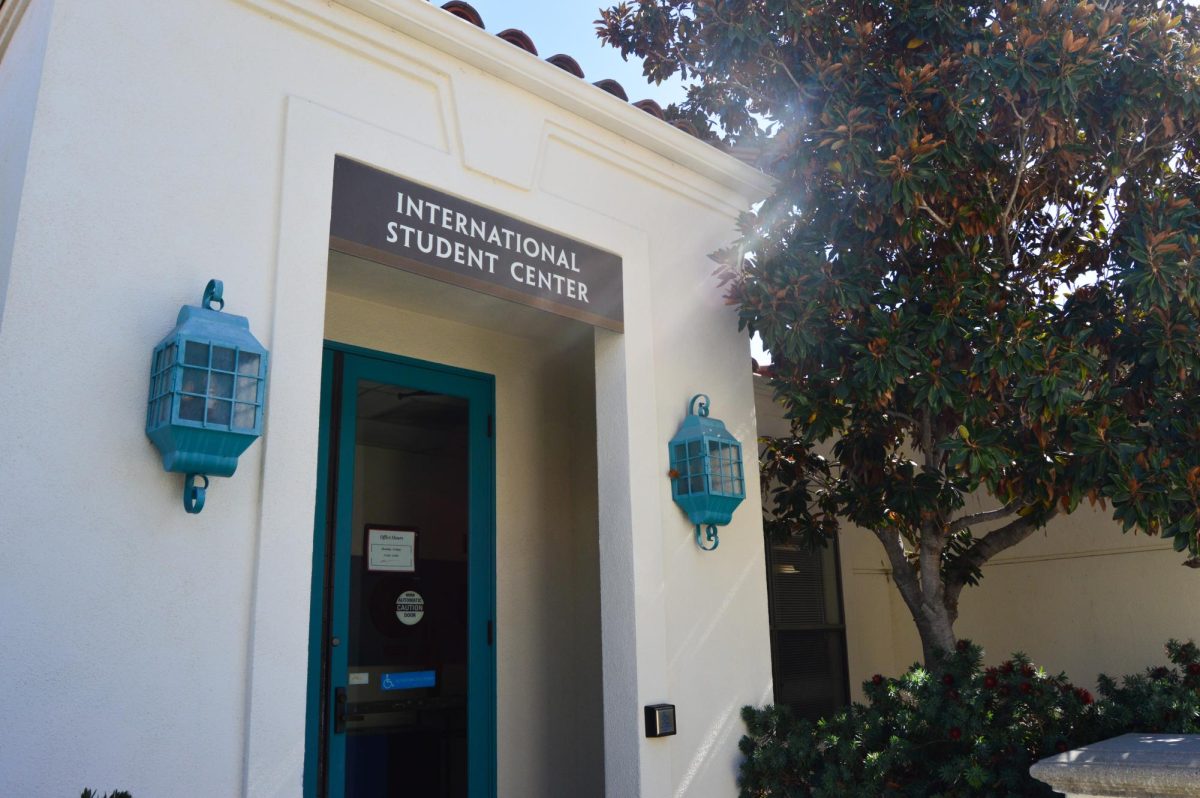Responding to the “Rape Victims at SDSU: Come Forward” cover story (by Stacey Oparnica) and corresponding news story (by Editor in Chief Ruthie Kelly) “SDSU rape victims left without resolution” in the March 15 issue of The Daily Aztec, it is essential for students to know how comprehensively San Diego State University approaches the issue of sexual assault. There is no crime that we take greater pains to prevent on our campus.
Our prime concerns are raising student awareness of sexual assault, sponsoring multiple educational and defensive programs to prevent it, and providing personal support to those victimized by it. In collaboration, SDSU Police, Student Health Services (SHS), Health Promotions, Counseling and Psychological Services (C&PS), Residential Life, and Student Rights and Responsibilities commit tremendous resources to assuring as best they can that students are aware of campus sexual assault, high risk behaviors which can precipitate it, and sponsoring programs which greatly minimize its occurrence.
The author of this article critiqued the university for a variety of things including lack of outreach, insufficiently trained staff and a lack of timeliness on the part of SDSU Police and Student Rights & Responsibilities. The facts, however, do not support any of her contentions. In fact, there are a number of factual errors in each of these articles (including some conflicting facts between the articles themselves) specific to this case. But in order to protect the identity of the victim and prevent her any further distress, we have chosen not to address those.
In terms of campus outreach, Health Promotions educates hundreds of students every semester regarding sexual assault awareness and prevention. In fact, during the week this article was published, a “Step-Up” Bystander Intervention workshop was attended by 45 members of Greeks Advocating Mature Management of Alcohol and another 200 students completed a sexual assault awareness seminar required of new fraternity and sorority members. Peer Health Educators regularly lead workshops on healthy relationships and sexual health. The topic is also specifically addressed in the mandatory summer orientation sessions for all new incoming students. Wellness Workshops presented jointly by SHS, C&PS and SDSU Police are offered to the thousands of freshmen and returning students in residence halls throughout August and September. Rape Aggressive Defense courses, facilitated by SDSU Police, teach women the fundamentals of self-defense, take place throughout the year and are free to all students. Add to this list dozens of presentations to classes and student organizations each year about crime prevention, specifically sexual assault, and thousands of students are being reached by our educational outreach efforts every year.
As to the assertion that there isn’t a ‘special therapist’ for victims of sexual assault, this is because every Counseling and Psychological Services clinical counselor has specialized training and extensive experience in dealing with such victims. It is also important to note that C&PS operates under a policy of same-day appointments for any student calling to report being a victim of sexual assault. It should further reassure our students that over 40 physicians, nurses, counselors, and other Health Services staff, and every SDSU Police officer and dispatcher have received thorough training in responding to sexual assault and rape victims and are capable of handling sensitive student matters in this area. The Sexual Assault Response Team, which consists of specially trained medical personnel, is a voluntary but integral part of criminal prosecution process. The SART response includes the collection of physical evidence, but the decision to do this is entirely up to the individual victim. Advocates who support victims are available throughout the counseling and physical examination process or at any stage a student makes this request.
Next, the timeline between a sexual assault first being reported, the police investigation, referral of the case to the appropriate prosecuting agency, and final resolution of the case, is by nature a careful, deliberate process. It must be to assure the victim’s allegations can be fully investigated and substantiated. Although this process may seem slow, any delays that occur don’t happen while the case is under SDSU Police jurisdiction, as the author contends. However, while any criminal investigations are ongoing, judicial processes within SDSU’s Office of Student Rights & Responsibilities can be done concurrently if a complaint is filed by the victim. There may not be a specialized policy for such complaints, but cases such as these are considered high priority and are investigated immediately, especially when the safety of one of our students could be at risk. It is not uncommon for an accused perpetrator to be placed on interim suspension from campus while the case is investigated in order to protect the victimized student.
Also, by Executive Order of the California State University System, the office of Student Rights & Responsibilities is permitted to share the outcome of judicial proceedings against the perpetrator with sexual assault victims. Beyond this, they do not share the name of the perpetrator nor details of the sanction since these proceedings are confidential.
Finally, the university is conscientious about issuing crime alerts to all members of our community, especially students. Understanding students’ preference for technology to receive news, crime alerts are available through daily, emailed Police Media Logs (http://www.dps.sdsu.edu/pdf/MediaBulletinSignUp.pdf), the SDSU Police Facebook page (http://www.facebook.com/pages/San-Diego-State-University-Police-Department/165977713436348) and the recently debuted NIXLE text messaging system (http://local.nixle.com/san-diego-state-university-police-department) which sends emergency and crime alerts directly to subscribers via their mobile phones.
We appreciate this opportunity to provide accurate information to students about the ways our campus community responds to and supports students who have been assaulted. We welcome the chance to meet with the Survivor Outreach and Support Organization. We believe that communicating directly could only enhance the services, programs, and responses made available to SDSU students.
Sincerely,
Timothy Quinnan, Ph.D.
Associate Vice President, Campus Life






